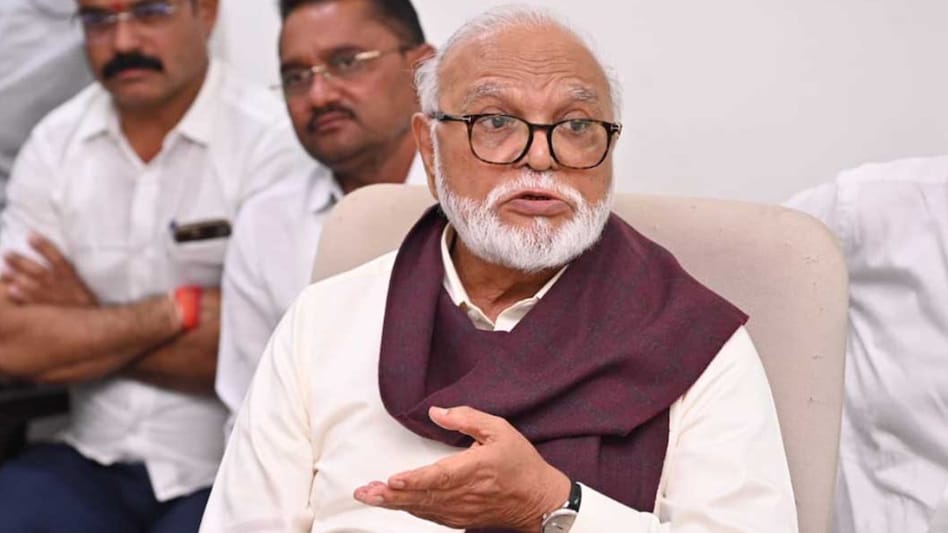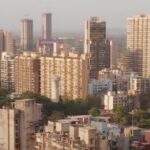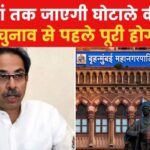Amid activist Manoj Jarange Patil’s movement demanding reservations for the Maratha community, senior NCP leader and Maharashtra minister Chhagan Bhujbal has called an important meeting of OBC leaders. This meeting will be held in Mumbai on Monday at 3 PM. Representatives from the Samata Parishad, led by Bhujbal, and other OBC organizations have been invited to this meeting.
He stated that the Kalelkar Commission and later the Mandal Commission did not include the Maratha community as a backward class. Responding to criticism against NCP (SP) chief Sharad Pawar for not doing enough for the Marathas, Bhujbal said, ‘A Chief Minister can implement the recommendations of a commission, but cannot include any caste on his own will.’ Bhujbal is one of the influential leaders of the OBC community in politics.
Also Read:
He also clarified that the High Court and the Supreme Court have already stated that the Kunbi and Maratha communities are not the same. Meanwhile, Manoj Jarange has been on an indefinite hunger strike at the Azad Maidan in the south since last Friday. He is demanding a 10 percent reservation under the Other Backward Class (OBC) category for the Maratha community. Jarange argues that the Maratha community is economically and socially backward, and on this basis, they should get reservation under OBC.
This demand has created a stir in Maharashtra’s politics, and a sharp debate has erupted among various parties on this issue. Manoj Jarange says that Marathas should be recognized as Kunbis, an agrarian caste included in the OBC category, so that they can benefit from reservation in government jobs and education. This meeting is expected to address the concerns of the OBC community and decide the future strategy on the issue.
—- End —-






